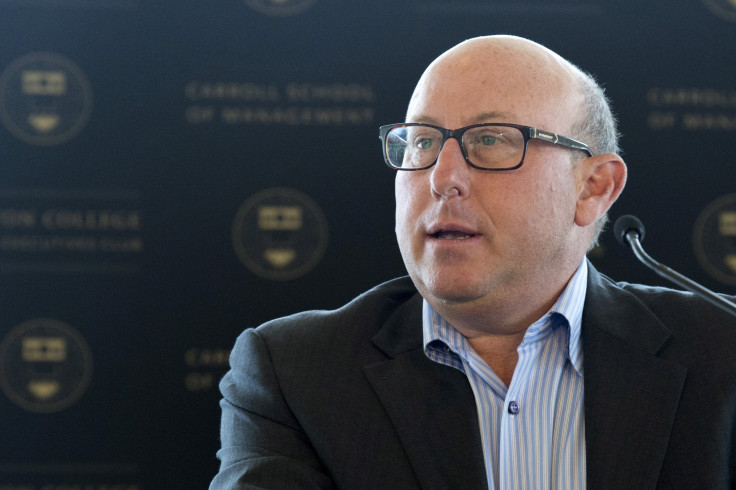Healthcare And Pharma CEOs Paid More Than Top Execs In Any Other Industry, Analysis Finds

Once again, CEOs of healthcare companies are topping the executive compensation charts, according to the latest annual analysis by the Associated Press and Equilar, released Tuesday.
Median pay for healthcare and pharmaceutical executives amounted to $14.5 million in 2015, higher than for leaders in any other sector, according to Equilar, a California firm that researches and analyzes executive compensation. Median compensation for all CEOs in the study, which looked at pay packages of 341 executives at S&P 500 companies across multiple sectors in 2015, was $10.8 million.
The increase in healthcare executive pay from 2014 to 2015 was also greater than in other sectors. Healthcare CEO pay rose 7 percent last year over the amount in 2014, while the comparable median pay increase for all industries was 4.5 percent.
Many have criticized outlandish executive compensation as one reason Americans pay more every year for health insurance and medical care yet receive little in the way of returns, such as better and more efficient treatment.
The fourth-highest-paid CEO on Equilar's list and the highest-paid healthcare executive was Leonard S. Schleifer, of drug developer Regeneron Pharmaceuticals. He took home $47.4 million in total compensation in 2015, up 13 percent from the year before (and, separately, came in 15th on the New York Times' list of the top 200 highest-paid CEOs in 2015). Also high on Equilar's list were Jeffrey M. Leiden, of Vertex Pharmaceuticals, with more than $28 million in compensation, and CVS' Larry J. Merlo, who raked in $22.8 million.
Last year's edition of the survey, which the AP and Equilar have conducted since 2011, dug up similar findings: In 2014, executives at healthcare companies also had the highest median pay of any industry.
That year, the U.S. spent $3 trillion — or 17.5 percent of the economy, and $9,523 per person — on healthcare. Still, the bulk of the debate over how to lower healthcare costs has centered not on CEO pay but around making medical care more efficient, such as by paying doctors and hospitals differently or tweaking the way they see patients.
CEOs, for their part, tend to blame rising costs on problems like the price of specialty drugs, or healthcare's structural inefficiencies, rather than executive compensation.
“Some experts would submit, and I agree, that our traditional method of how we pay — how we're paying by procedure, a la carte — is the single biggest driver of medical cost,” BlueCross BlueShield CEO Brad Wilson told attendees at a healthcare summit in Charlotte, North Carolina, last week.
Novant Health CEO Carl Armato, at the same event, questioned the value and pricing of certain drugs. “Not all pharmaceuticals, prescriptions, are going to work for every patient,” he said, local station WFAE reported. “So is it really a breakthrough, and does it deserve a breakthrough price?”
Neither Wilson nor Armato was included in Equilar's study, which was limited to CEOs at S&P 500 companies who had held their positions for at least two years. Out of the 341 CEOs it studied, just 17 were female, Equilar noted in its key findings. However, the median pay for these women was $18 million, compared with $10.5 million for men. The study examined salaries, bonuses and perks, along with stock and stock option awards, deferred compensation and other forms of compensation.
© Copyright IBTimes 2024. All rights reserved.





















